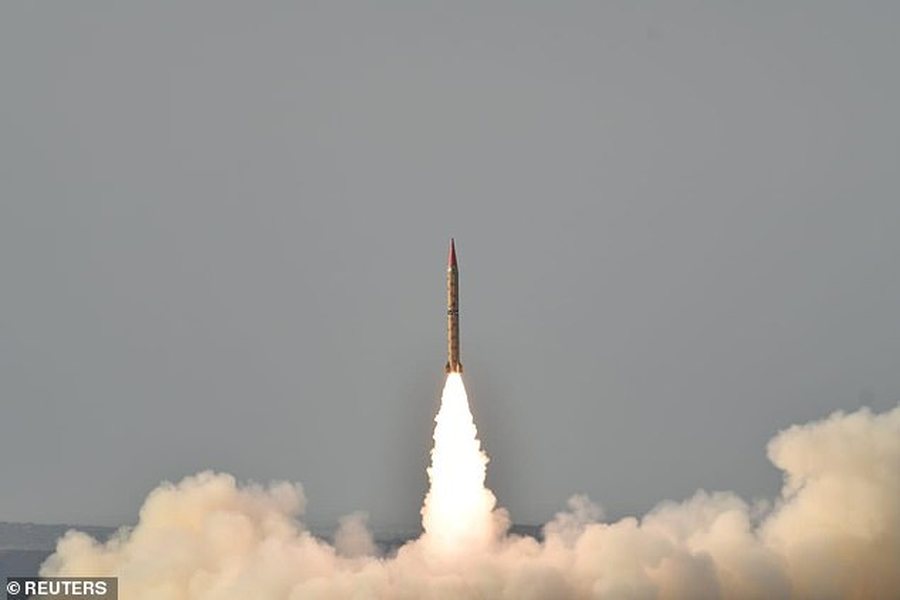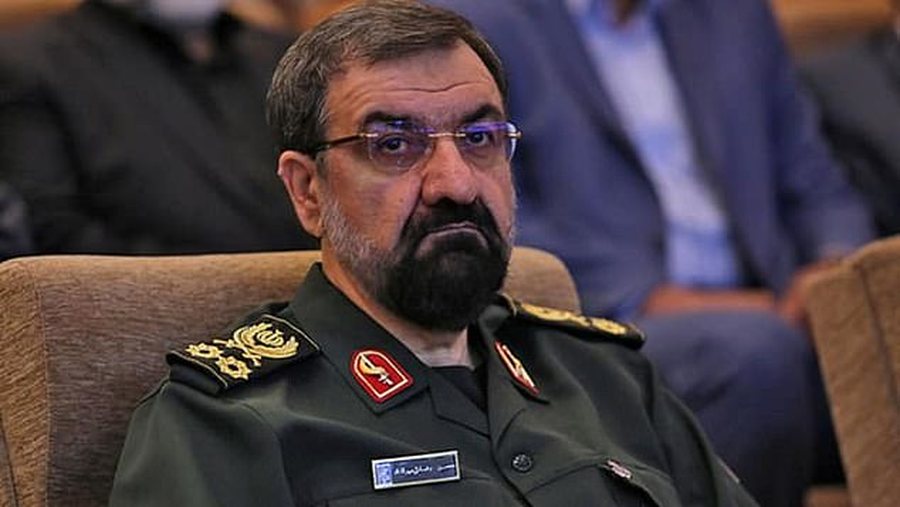
A sensational statement by a senior Iranian official has sparked fresh international concerns about the risk of a nuclear escalation in the Middle East. General Mohsen Rezaee, a key figure in Iran's Islamic Revolutionary Guard Corps and a member of the country's National Security Council, has claimed that Pakistan has threatened to use a nuclear weapon against Israel if the latter uses nuclear weapons against Iran.
According to Rezaee, Pakistan has given assurances that it will "stand behind Iran" if Israel crosses a red line. He also called for a unity of the Islamic world against Israel.
However, the Pakistani government has categorically denied these claims. Pakistan's Defense Minister, Khawaja Asif, stated that his country is a signatory to all international agreements on nuclear arms control and that Pakistan's nuclear arsenal is only for defense and national interest.
"No threat has been made. We do not support the use of nuclear weapons and our position is in accordance with international law," Asif said, while simultaneously criticizing Western support for Israel, which he called "an irresponsible state that could bring catastrophic consequences to the region."

These developments come at a time when the military clash between Israel and Iran has entered its most intense phase ever. Following a wide-ranging Israeli attack on nuclear and military targets in Iran, where sources say senior commanders and nuclear scientists were killed, Tehran has launched a new wave of missiles towards Israeli cities, writes A2 CNN.
This morning, alarm sirens were heard across Israel as Iranian missiles hit several areas in the center of the country, including the city of Petah Tikva, where extensive material damage and five civilian casualties were reported, two men and two women in their 70s, as well as one other person.
Meanwhile, the Israeli Air Force struck 10 command centers of the Quds Force in Tehran, the elite wing of the Revolutionary Guards that operates out of Iran. Loud explosions were heard in Tel Aviv overnight as Israeli air defenses attempted to thwart Tehran's airstrikes.
US President Donald Trump has urged the parties to “reach a deal,” but has also acknowledged that “sometimes you have to fight before you can agree.” Earlier, Trump had personally intervened to block an Israeli plot to assassinate Iran’s supreme leader, Ayatollah Ali Khamenei.
While the situation remains volatile and unpredictable, the fear of a regional conflict with global consequences - including the use of nuclear weapons - is more real than ever. (A2 Televizion)











